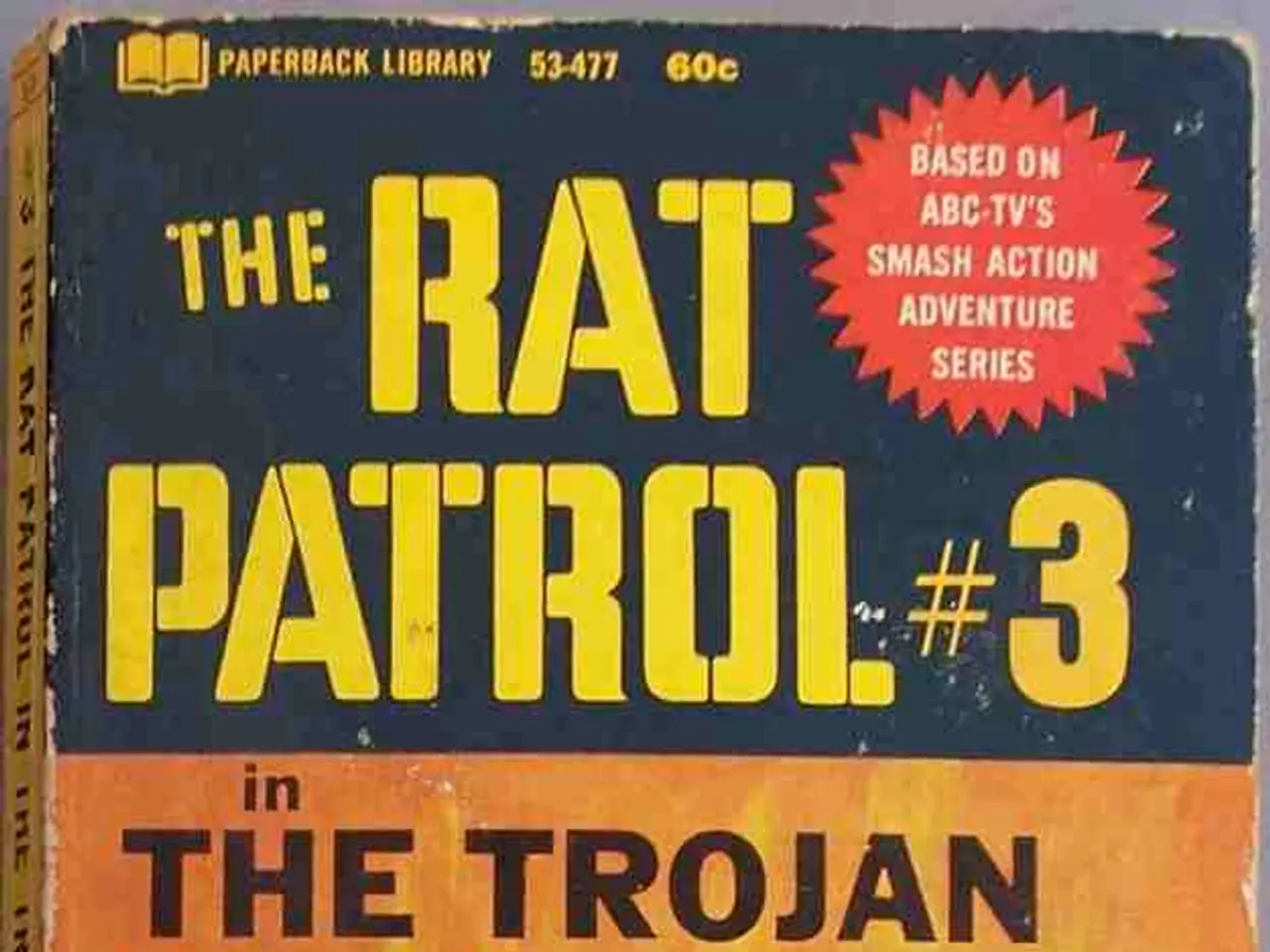New Book Challenges Misconceptions About Lawrence of Arabia's Role in WWI
A new book by Rob Johnson, 'Lawrence of Arabia on War: The Campaign in the Desert 1916-1918', aims to shed light on the true nature of T.E. Lawrence's role in the Middle East conflict during World War I, challenging common misconceptions about the iconic figure.
Lawrence, often referred to as 'Lawrence of Arabia', served as a British liaison officer with Arab forces during the Arab Revolt against the Ottoman Empire. Instead of deploying conventional brigades, he suggested a light-footprint approach in 1916, using British advisors, cash, and modern technology to support Arab forces.
His war in the desert was a hybrid campaign, combining conventional and irregular forces, naval power, airpower, and information operations. Lawrence's forces excelled in disrupting Ottoman supply systems and affecting the enemy's psychology, contributing significantly in the 'bionomic' and 'diathetic' realms.
Johnson's book argues that Lawrence's solutions were tailored to the specific situation in the Hejaz and may not be universally applicable. However, his success can be attributed to his intense study of war and willingness to learn from his own mistakes and those of his partners. The Arab uprising played a crucial role in distracting the Ottomans, demoralizing their garrisons, and preventing over 100,000 Ottoman troops from joining the opposition to General Allenby's conventional force.
Rob Johnson's book offers a fresh perspective on Lawrence's war in the desert, highlighting the importance of irregular warfare even in an era of increasing geopolitical rivalry. Despite the unique context of the Hejaz, Lawrence's approach remains relevant as a supporting pillar to conventional operations against peer competitors.
Read also:
- Hospital's Enhancement of Outpatient Services Alleviates Emergency Department Strain
- Increased Chikungunya infections in UK travelers prompt mosquito bite caution
- Kazakhstan's Deputy Prime Minister holds discussions on the prevailing circumstances in Almaty
- In the state, Kaiser Permanente boasts the top-ranked health insurance program





